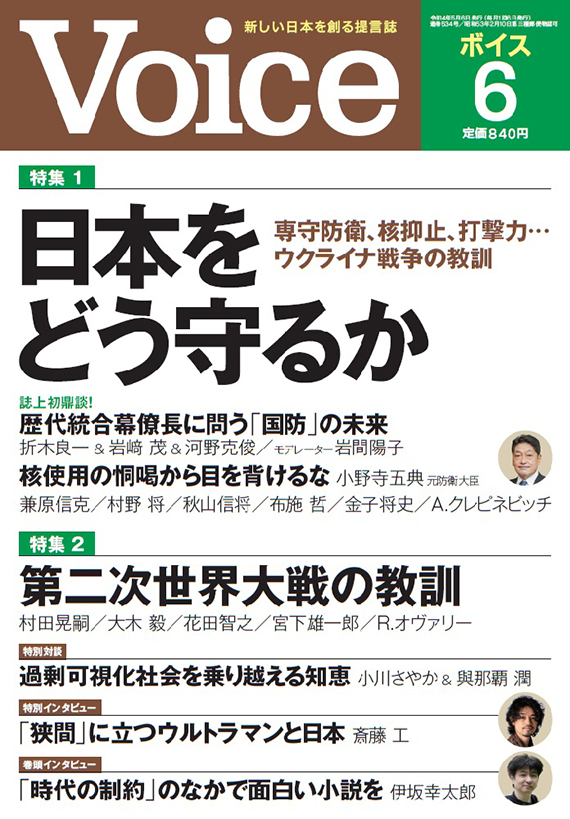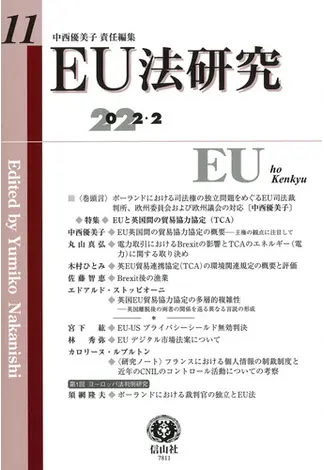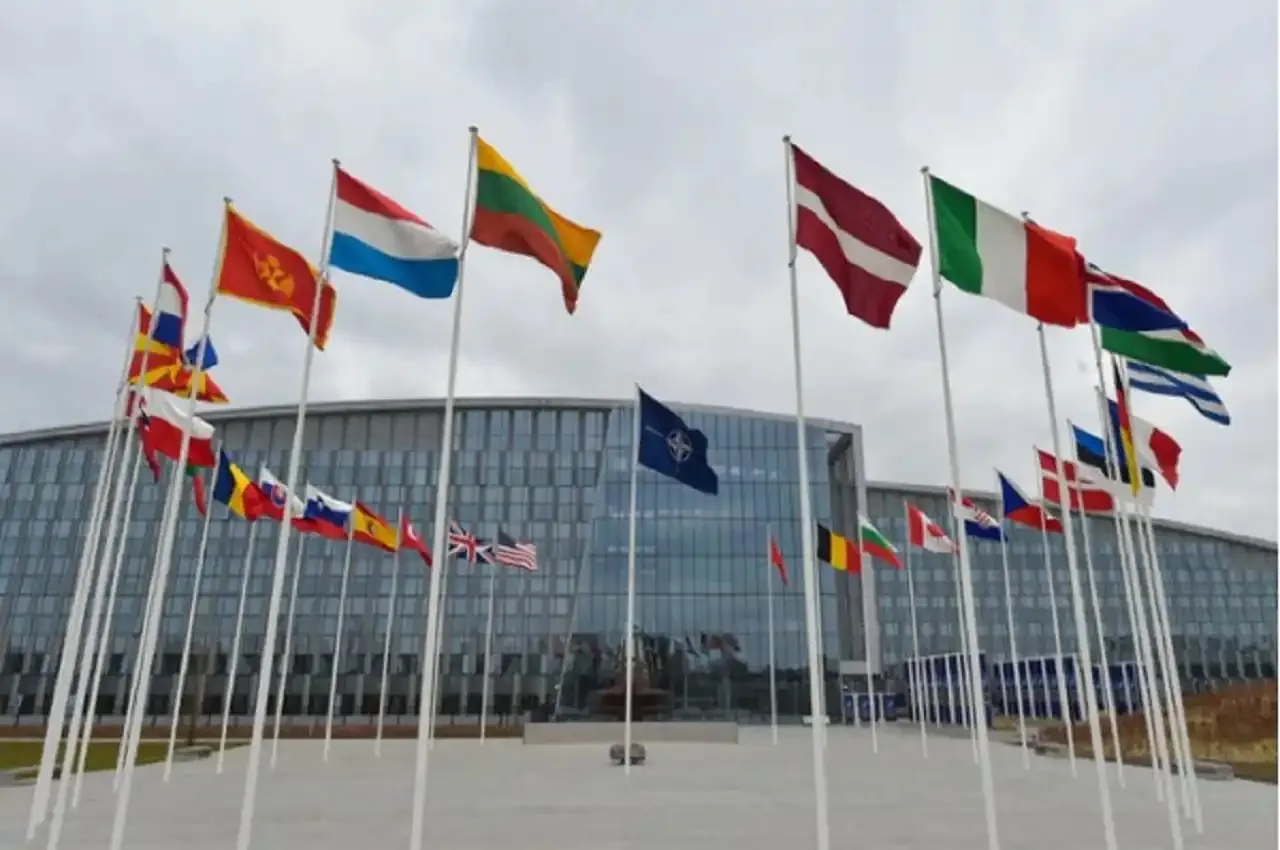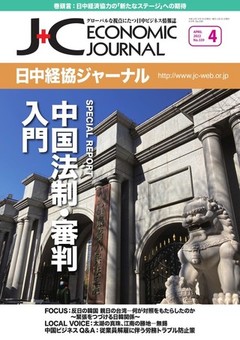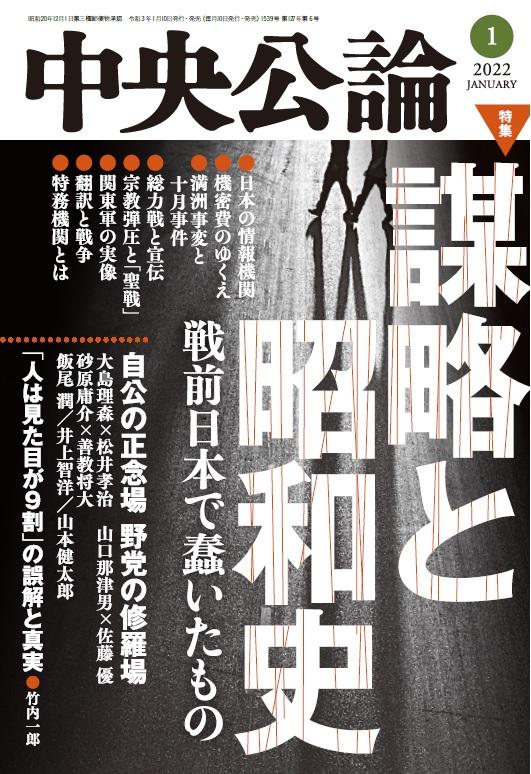Other Publications
EU Taxonomy: Commission’s Complementary Climate Delegated Act [in Japanese]
AbstractThe article explains the Complementary Climate Delegated Act published by the European Commission, which includes nuclear and gas energy in the economic activities under the EU taxonomy.
The Reality of the Stability-Instability Paradox: “Hybrid War under Nuclear Intimidation” Exposed in the Russia-Ukraine War [in Japanese]
AbstractIn the strategic environment of "hybrid war under nuclear intimidation," this article discusses the way Japan should deal with nuclear risks from three levels: the nature of deterrence posture; the role of arms control in defining strategic competition; and the norms that should serve as the basis for the nuclear international order.
The Democratization Movement and Korean Literature, Korean Literature Confronts “Loss” and “Trauma”: Seongsu Bridge, Sampoong Department Store, Sewol [in Japanese]
AbstractThis paper describes the historical background of the democratization movement in South Korea and its relationship to literature. In addition, South Korea has experienced shocking catastrophes due to the strain of “compressed growth” since the 1990s. It then reveals how South Korean literature has faced up to the social “loss” and people's “trauma.”
Reactions of the EU Institutions towards Problems regarding the Rule of Law in Poland [in Japanese]
AbstractDespite the fact that he EU Court of Justice has acted to prevent the collapse of judicial independence in Poland, the issue of the independence of the Polish judiciary continues to have a ripple effect on EU law.
An International Relations Theory Guide to the War in Ukraine [in Burmese]
AbstractThis article is a Burmese translation of “An International Relations Theory Guide to the War in Ukraine” published by Foreign Policy.
What is the International Criminal Court?
AbstractWhat the International Criminal Court is, which has gained increasing interests in the wake of Russia's invasion of Ukraine, is explained from several perspectives, including the "principle of complementarity" and the "relationship with Non-States Parties.”
Now that norms are wavering, essential measures must be taken
AbstractWhat is important in preventing the normalization of normative violations in the future is to maintain a posture of not making concessions to Russia, but to take care not to alienate non-Western countries and to gain their understanding and participation on an aligned footing.
Sir Adam Roberts rebuffs the view that the West is principally responsible for the crisis in Ukraine [in Burmese]
AbstractThis article is a Burmese translation of “Sir Adam Roberts rebuffs the view that the West is principally responsible for the crisis in Ukraine.” published by The Economist.
Law and Order in China: Its History, Present and Future [in Japanese]
AbstractXi Jinping's rule in the “New Era” emphasizes the rule of law in one aspect, while at the same time advocating the rule of virtue. This paper reviews the legal system that China has historically built and its legal consciousness, and examines the content of the “Xi Jinping Thought on the Rule of Law” currently being proposed.
The Soft Power of South Korea and the birth of the Global Hit “Squid Game”[in Japanese]
AbstractThe reason that Korean contents are turning into worldwide hits is because they confront head-on the pains of contemporary history and the contradictions that exist in modern society and combines social, artistic, and entertainment qualities based on humanity and critical spirit. As Joseph Nye has indicated, democratization is the source of South Korea’s soft power


